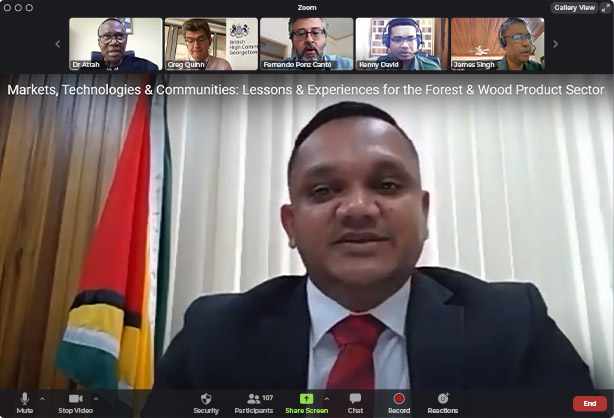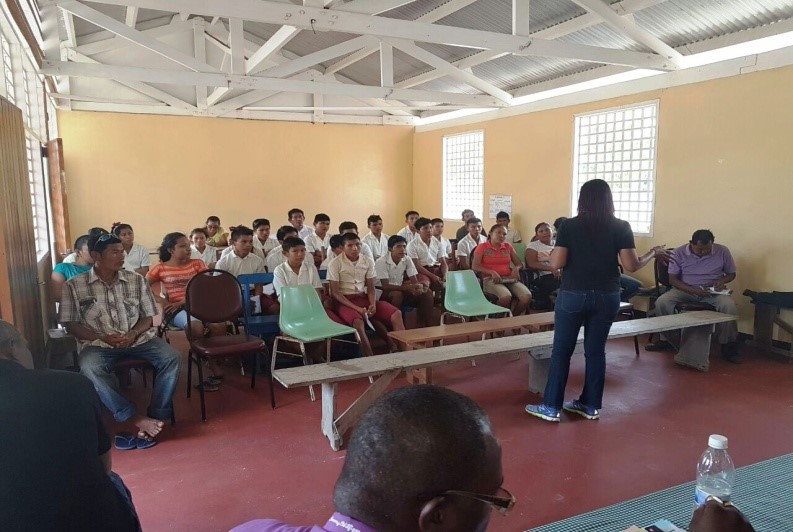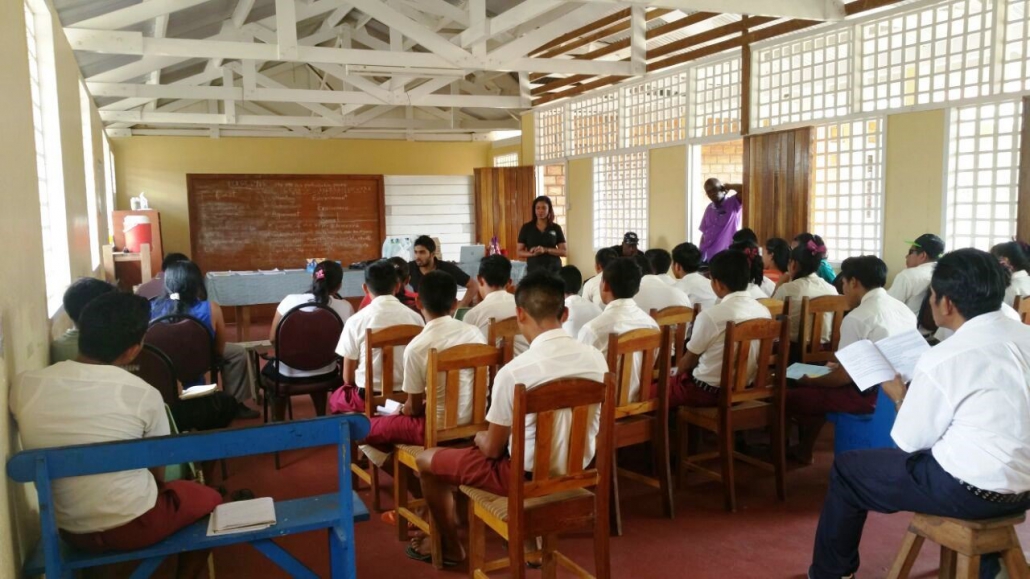Guyana-EU Agree on Roadmap to Improve Forest Governance, Reduce Illegal Timber Trade
Guyana and the European Union (EU) on Thursday, agreed on a detailed roadmap for implementing the Guyana-EU Forest Law Enforcement, Governance and Trade (FLEGT) Voluntary Partnership Agreement (VPA), which aims to improve forest governance and verify the trade in legal timber.
The aide-mémoire was signed by Minister of Natural Resources, Vickram Bharrat and EU Ambassador to Guyana, His Excellency, Fernando Ponz Cantó, at the Pegasus hotel after a meeting with the various stakeholders.
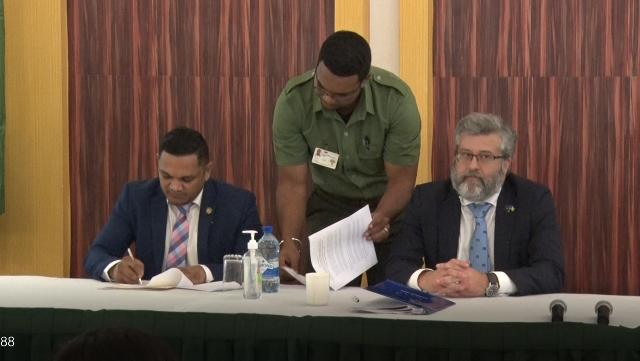
“In no way the FLEGT VPA or the Low Carbon Development Strategy, that is in the consultative process right now is speaking towards reduction in forest activities, reduction in harvesting or the production of wood products, what it speaks to directly is the sustainability of it, how inclusive the process is and also, and importantly how legal, the operation and the products are,” Minister Bharrat said.
He made it clear that the agreement in no way means that the country is “cutting down” on forest activities, but ensuring that it is done in a sustainable, legal manner.
He noted that Guyana has one of the best forest management systems in the world.
“We are way above in terms of the management, in terms of sustainability and eradicating illegal logging,” Minister Bharrat noted.
The Minister said the government has been successful in tackling illegal logging, making more resources available to the Guyana Forestry Commission (GFC).
The administration has also taken steps to curb illegal mining, allocating more than 100 small concessions to small loggers and their associations in Regions One and Ten, and monitoring activities.
Meanwhile, the EU Ambassador noted that the concerns raised about the forestry regulation are currently being discussed in Europe.
“In any case we are aware that Guyana is in a situation where it has preserved its forest, I have to congratulate you for that,” he said.
He noted that it is timely to have the FLEGT VPA continue to preserve the forest.
“The FLEGT VPA is going to be a formidable tool for ultimately helping Guyana and helping all of you to preserve the forest, but also to use it for the benefit of your communities, for the benefit of Guyanese in a way that it is inclusive, that it is sustainable and in a way that the forest continues to be this treasure that you have, but also provides for the current and for the future generations,” EU Ambassador said.
During the meeting, the parties discussed the establishment of the Guyana-EU VPA Joint Monitoring and Review Committee (JMRC), which will oversee the implementation of the agreement and includes representatives of all stakeholder groups.
Guyana is committed to making funds available to support the implementation of the VPA. Additional financial support is provided by the EU, Norway, and the UK.
The next meeting of the parties is expected before the end of 2022.
The VPA negotiations began in December 2012. They involved the private sector, government ministries and agencies, and indigenous peoples.
Source: Guyana Forestry Commission
